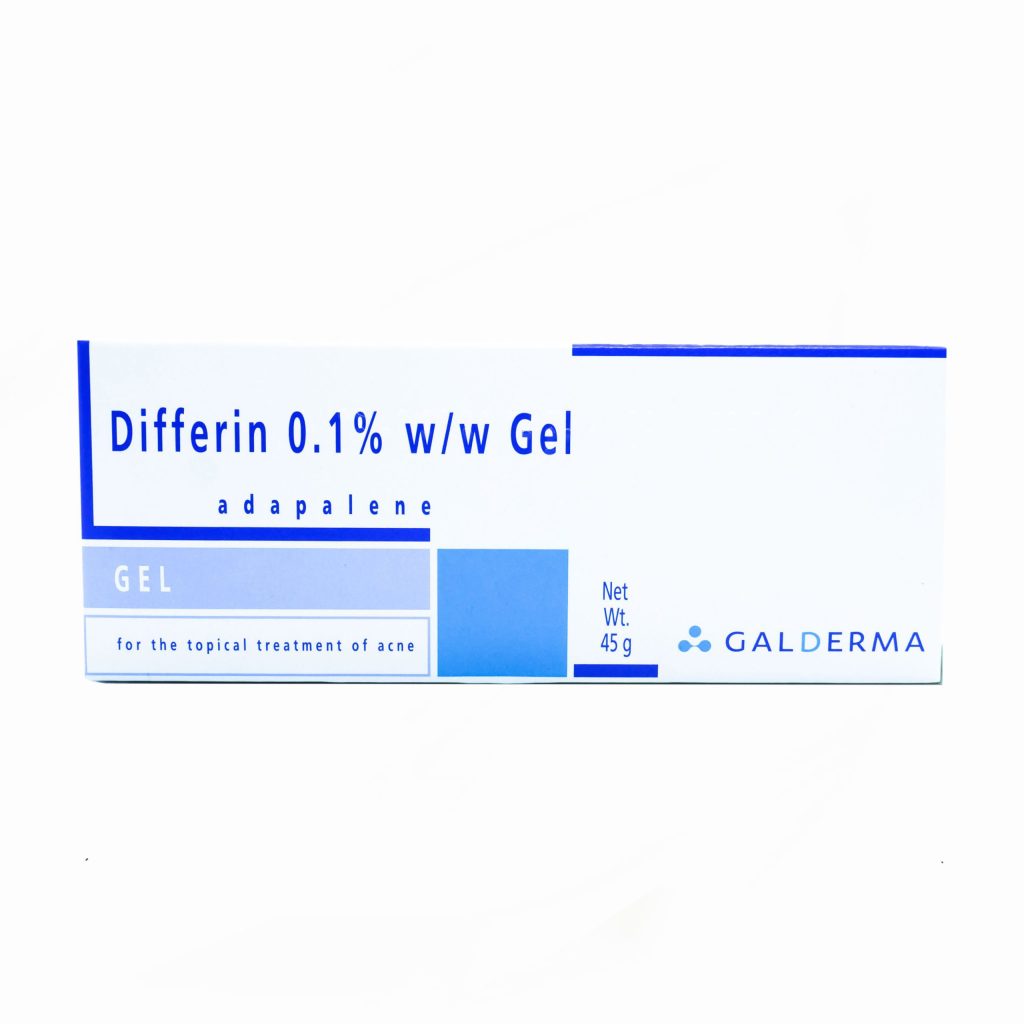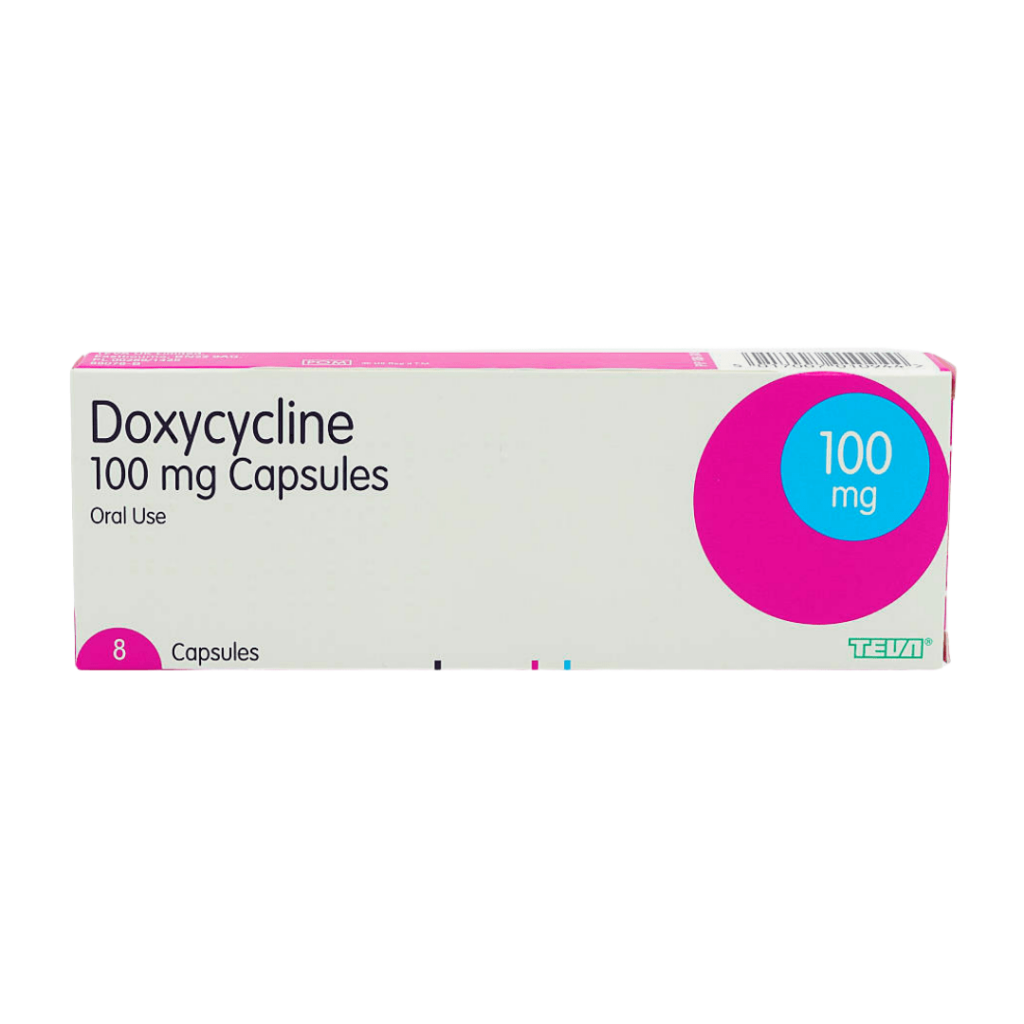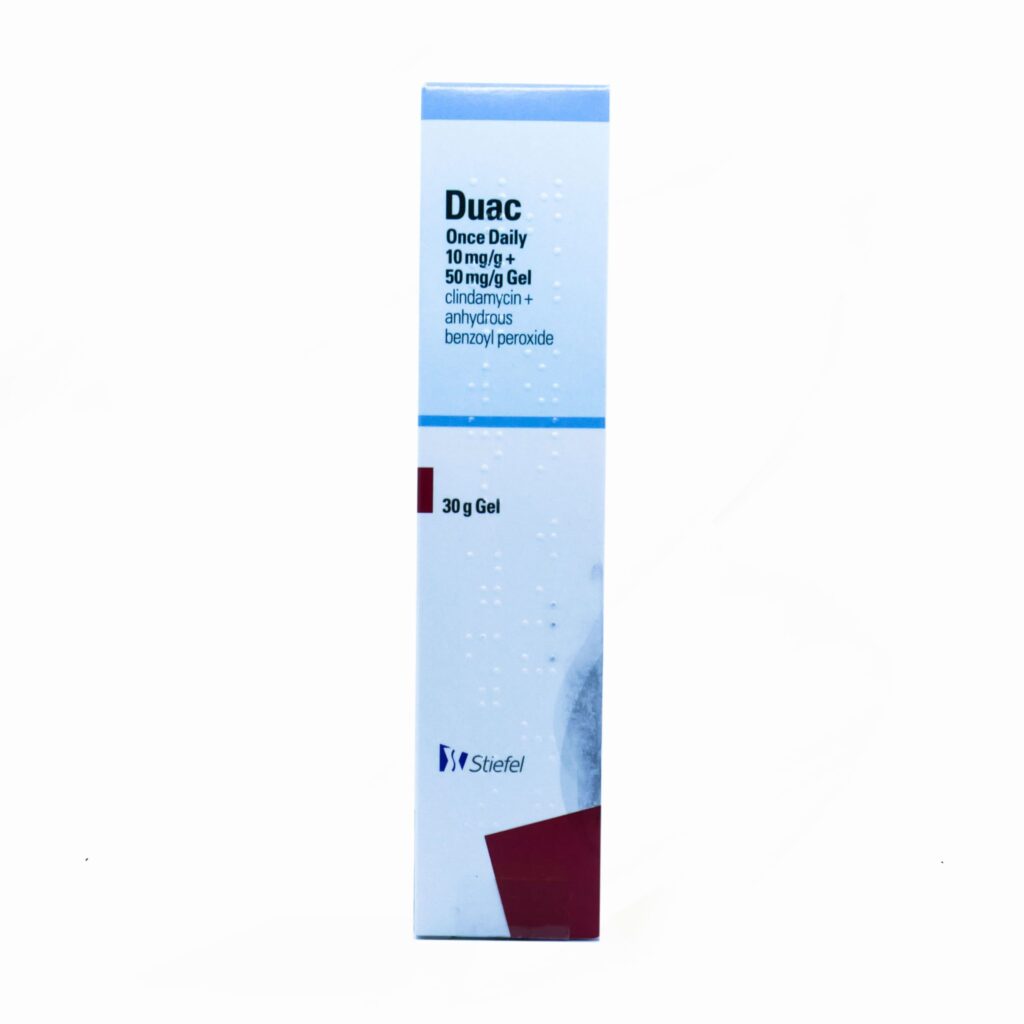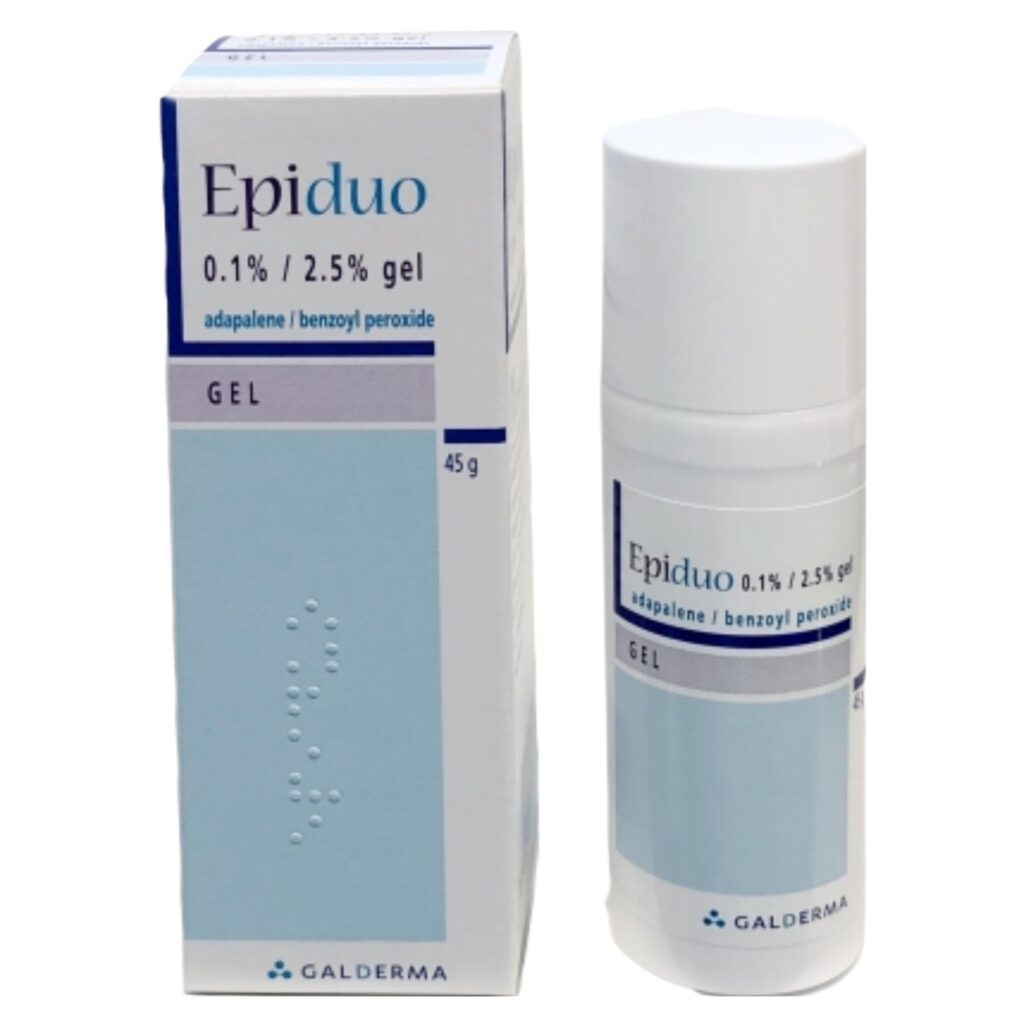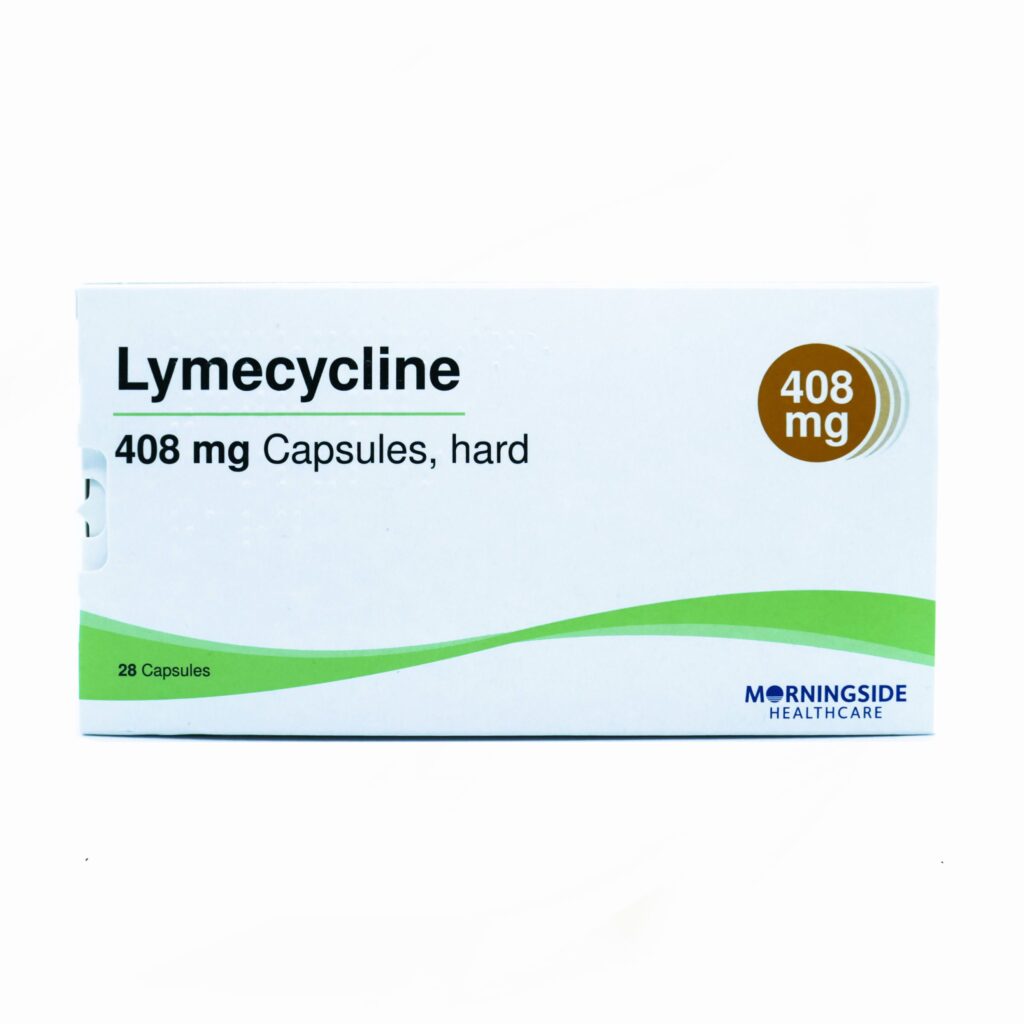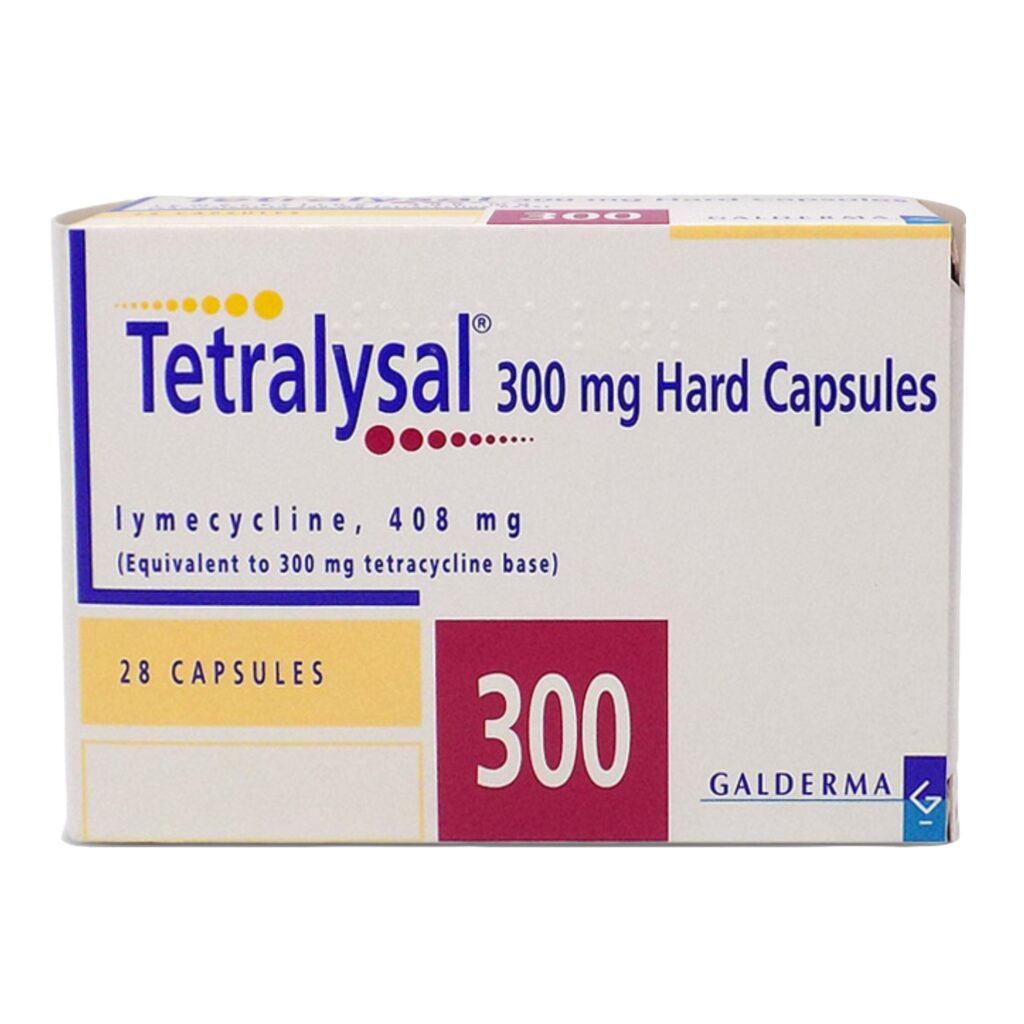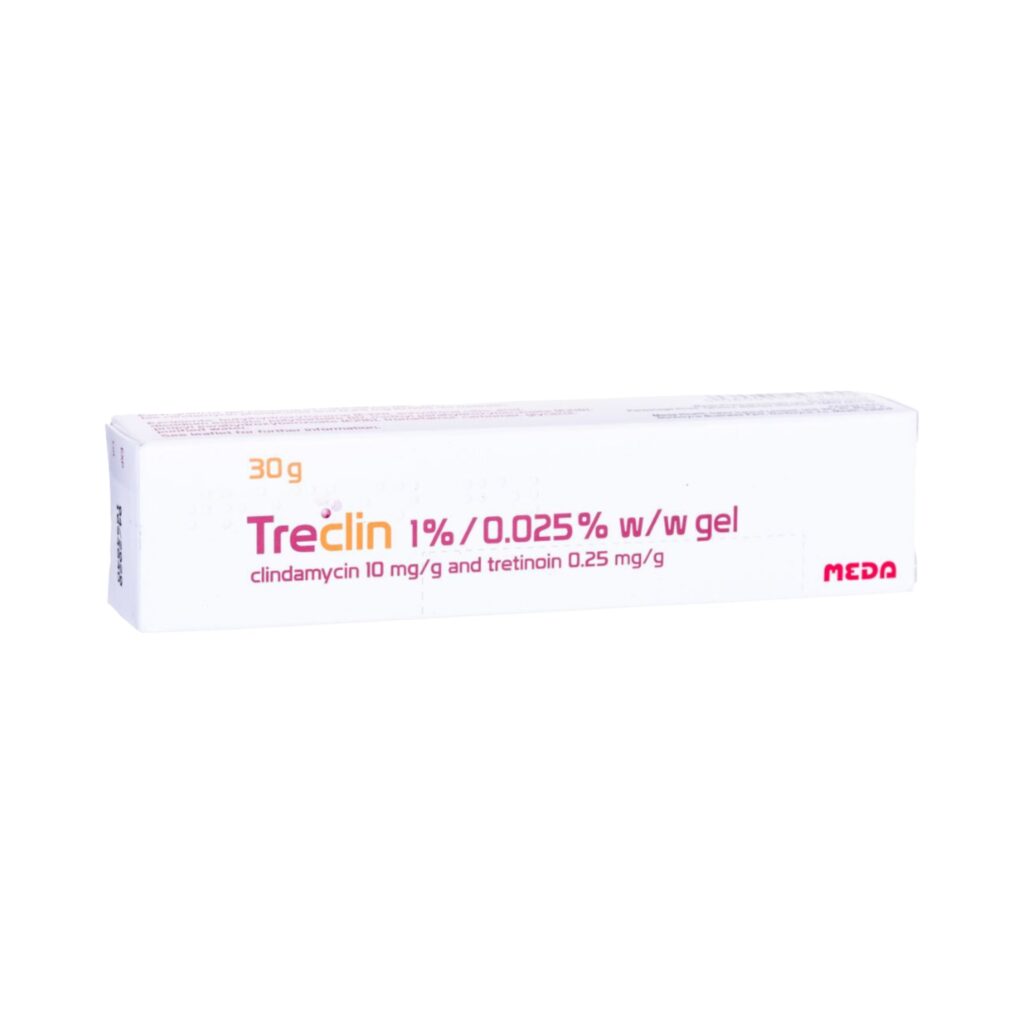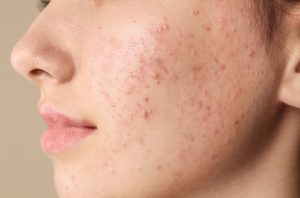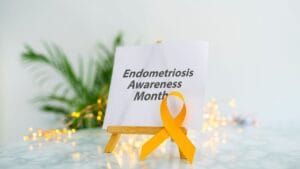Acne
Acne is a common skin condition, particularly prevalent among teenagers and young adults, characterised by spots or pustules on the face, back, or chest. The occurrence of acne can be influenced by various factors such as age, hormonal changes, and lifestyle. Acne treatment involves understanding its root causes and implementing a skincare routine tailored to your skin type. By adopting suitable acne management strategies, you can reduce outbreaks and improve your skin’s appearance, enhancing your overall confidence.
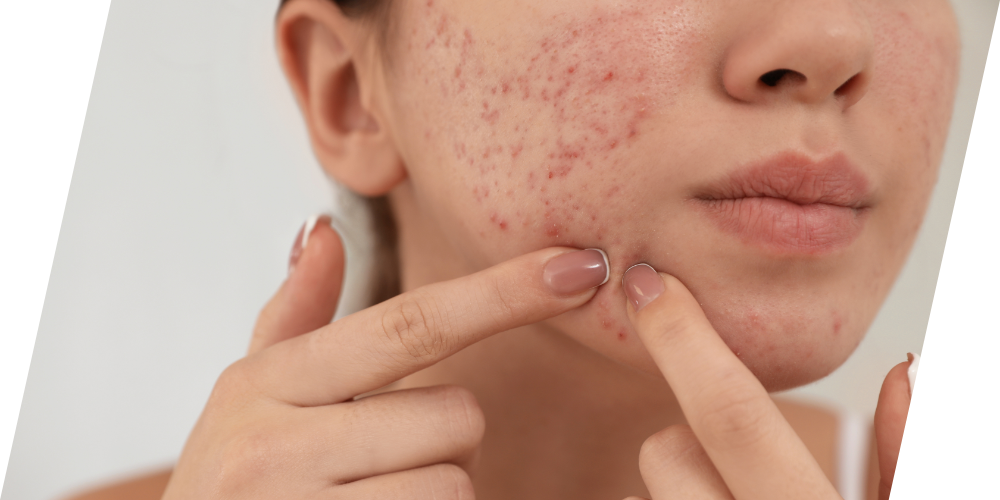
Acne Treatments
Our Trustpilot Reviews
Acne FAQs
What causes acne?
Acne is primarily caused by excess oil production, clogged pores, bacteria, and inflammation. Hormonal changes, genetics, certain medications, and environmental factors can also contribute to acne development.
What are the different types of acne?
The different types of acne include whiteheads, blackheads, papules, pustules, nodules, and cysts. These vary in severity and characteristics, ranging from mild to severe.
What is acne?
Acne is a common skin condition characterised by the formation of pimples, blackheads, whiteheads, and cysts on the skin. It usually occurs on the face, chest, back, and shoulders.
How can I prevent acne?
You can prevent acne by maintaining good skincare habits, avoiding pore-clogging products, keeping your skin clean, managing stress levels, eating a balanced diet, and avoiding picking or squeezing pimples. You can also try certain medications to prevent acne.
How do I know if my acne is mild, moderate, or severe?
The severity of acne is determined by the number of lesions, types of lesions, and extent of inflammation. Mild acne typically consists of whiteheads and blackheads, while moderate acne includes papules and pustules. Severe acne involves nodules and cysts.
How does acne develop?
Acne develops when hair follicles become clogged with oil and dead skin cells. This creates an ideal environment for bacteria to thrive, leading to inflammation and the formation of pimples.
Is it safe to pop pimples?
Popping pimples can worsen inflammation, increase the risk of scarring, and spread bacteria, so it’s generally not recommended. Instead, use acne treatments to help reduce inflammation and promote healing.
Can acne occur on places other than the face?
Yes, acne can occur on other parts of the body, including the chest, back, shoulders, neck, and buttocks. This is known as body acne or truncal acne.
How often should I wash my face if I have acne?
You should wash your face twice daily with a gentle cleanser suitable for acne-prone skin. Overwashing can strip the skin of its natural oils and worsen acne.
Is it normal to still have acne as an adult?
Yes, it’s normal to continue experiencing acne into adulthood, particularly for women during hormonal fluctuations. Adult-onset acne can also be triggered by stress, medications, and lifestyle factors.
Can acne be aggravated by certain climates?
Yes, acne can be aggravated by hot and humid climates, as sweating can increase oil production and clog pores. Conversely, dry climates can lead to dry skin, which may trigger the overproduction of oil as a compensatory mechanism.
How do I treat blackheads and whiteheads?
Blackheads and whiteheads can be treated with over-the-counter products containing ingredients like salicylic acid or benzoyl peroxide. Regular exfoliation and keeping the skin clean can also help prevent their formation.
What is the difference between acne and rosacea?
Acne and rosacea are different skin conditions with similar symptoms, such as redness and bumps on the face. However, acne is characterised by the presence of comedones (blackheads and whiteheads), while rosacea often involves flushing, visible blood vessels, and thickened skin.
How do I treat hormonal acne in adults?
Hormonal acne in adults can be treated with oral contraceptives, anti-androgen medications, or hormone replacement therapy. Topical treatments containing retinoids or hormonal agents may also be effective.
How do I determine if my acne is hormonal or stress-related?
Hormonal acne tends to occur around the chin and jawline, and may coincide with menstrual cycles or hormonal fluctuations. Stress-related acne may appear suddenly during periods of increased stress and typically occurs on various areas of the face.
What are the risks of using home remedies for acne treatment?
Home remedies for acne treatment may not be backed by scientific evidence and could potentially worsen acne or cause skin irritation. It’s important to use caution and consult with a healthcare professional before trying any home remedies.

